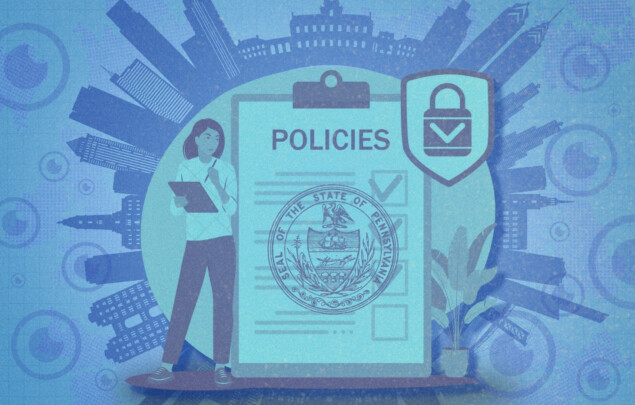Protecting personal data has become a paramount concern. The European Union (EU) has taken a pioneering step in this direction with the implementation of the General Data Protection Regulation (GDPR). This article, explores the profound importance of GDPR in the EU, dissecting its key components, implications, and transformative impact on data protection and user privacy.
Understanding the Essence of GDPR
Enacted in May 2018, GDPR stands as a watershed moment in data protection legislation. Its primary objective is to empower EU citizens by granting them greater control over their personal data and imposing stringent obligations on organizations that handle such data.
Key Components of GDPR
1. Informed Consent:
- GDPR mandates explicit and informed consent from individuals for the processing of their personal data.
- Organizations must clearly communicate the purposes for data processing, ensuring transparency and user understanding.
2. Data Subject Rights:
- GDPR endows individuals with robust rights, including the right to access, rectify, and erase their personal data.
- It provides individuals with the right to object to certain types of data processing, giving them unprecedented control.
3. Data Breach Notification:
- Organizations are obligated to report data breaches to supervisory authorities and affected individuals within 72 hours.
- This rapid notification requirement aims to mitigate the impact of breaches and enhance overall cybersecurity.
4. Data Protection by Design and Default:
- GDPR emphasizes integrating data protection into the design of systems and processes from the outset.
- Organizations are encouraged to adopt privacy-friendly default settings, ensuring data protection is a foundational element.
The Impact of GDPR on Businesses
1. Heightened Accountability:
- Organizations face a heightened level of accountability under GDPR, requiring them to demonstrate compliance with data protection principles.
- Accountability extends to the entire data processing lifecycle, from collection to storage and eventual disposal.
2. Global Reach:
- GDPR has global implications, affecting any organization that processes the personal data of EU citizens, regardless of its physical location.
- Non-compliance can result in hefty fines, prompting businesses worldwide to align with GDPR standards.
3. Enhanced Data Governance:
- GDPR necessitates robust data governance practices, including the appointment of Data Protection Officers (DPOs) in certain cases.
- Organizations must conduct Data Protection Impact Assessments (DPIAs) to evaluate and mitigate privacy risks.
Navigating GDPR Compliance Challenges
1. Data Mapping and Inventory:
- Organizations often face challenges in mapping and inventorying the vast datasets they process.
- Comprehensive data audits and inventories are essential for effective GDPR compliance.
2. Vendor Management:
- Many organizations engage with third-party vendors who process personal data on their behalf.
- Establishing GDPR-compliant data processing agreements with vendors is critical to ensure end-to-end compliance.
3. Educating and Training Personnel:
- GDPR compliance requires a collective effort, necessitating the education and training of personnel.
- Employee awareness programs are crucial to instill a culture of data protection within organizations.
Evolving Trends and Future Considerations
1. Adapting to Technological Advancements:
- As technology evolves, GDPR is expected to adapt to new challenges posed by emerging technologies such as artificial intelligence and blockchain.
- Ongoing updates and amendments will likely address the evolving nuances of data processing.
2. Global Privacy Standards:
- The success of GDPR has sparked conversations about establishing global privacy standards.
- The EU’s influence in shaping international privacy norms is likely to continue, with other jurisdictions considering similar frameworks.
3. Citizen Empowerment:
- GDPR has empowered individuals by providing them with tools to assert control over their personal data.
- The trend of empowering citizens in the digital realm is likely to gain momentum globally, influencing future privacy legislation.
GDPR as a Beacon of Data Protection
GDPR stands as a beacon guiding the way for data protection. Its profound impact on businesses, emphasis on individual rights, and adaptability to emerging trends mark it as a transformative force in the dynamic landscape of data privacy. Organizations that align with the principles of GDPR not only ensure compliance with EU regulations but also contribute to the broader global conversation about the responsible and ethical handling of personal data. In the age of digital interconnectedness, GDPR remains a testament to the EU’s commitment to safeguarding the privacy and rights of its citizens.
Need support with GDPR-ready policies? You can count on GetTerms. We provide clear guidance, uphold data respect, and understand that data protection is more than a legal obligation. Create your tailored GDPR-compliant Privacy Policy here at GetTerms.

